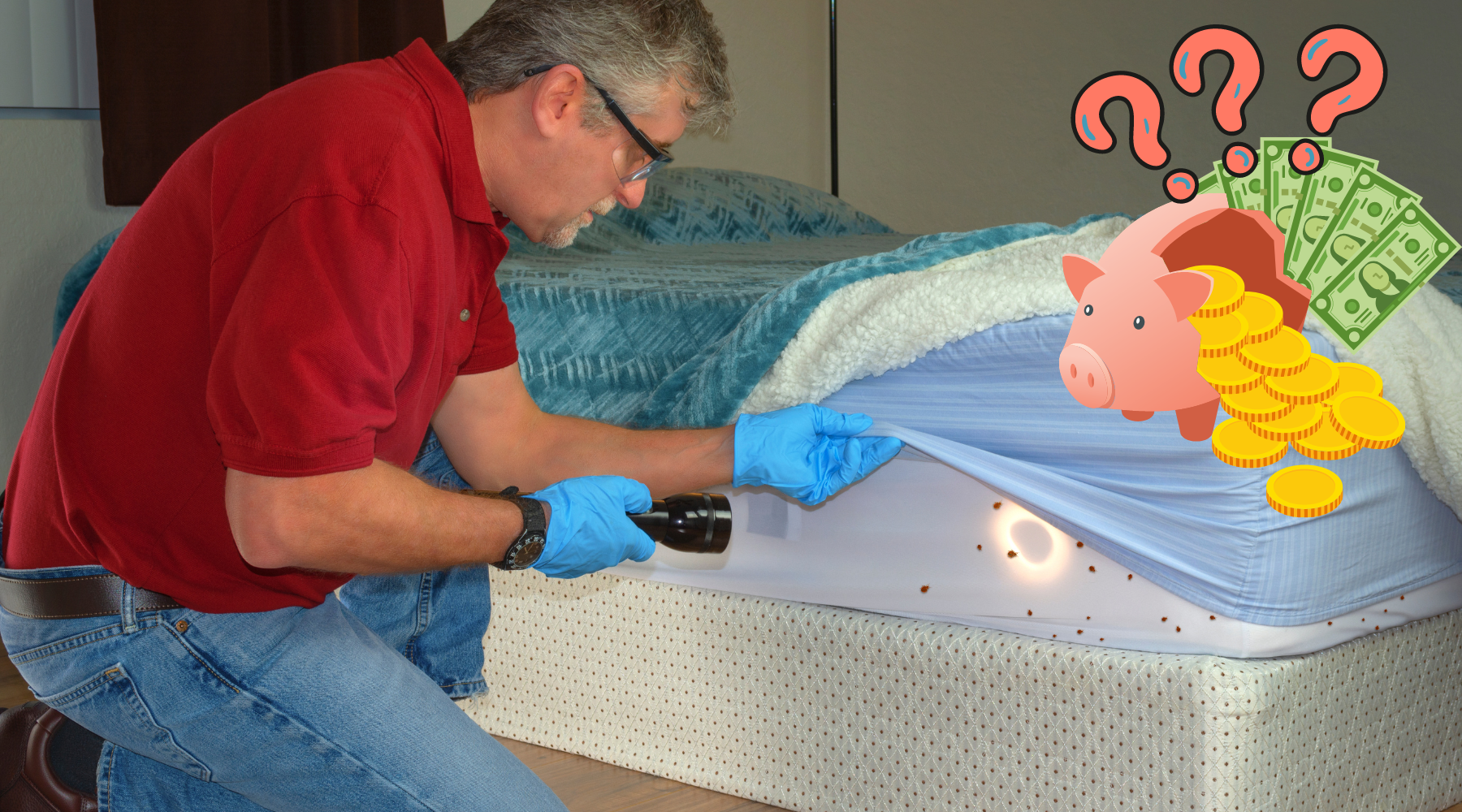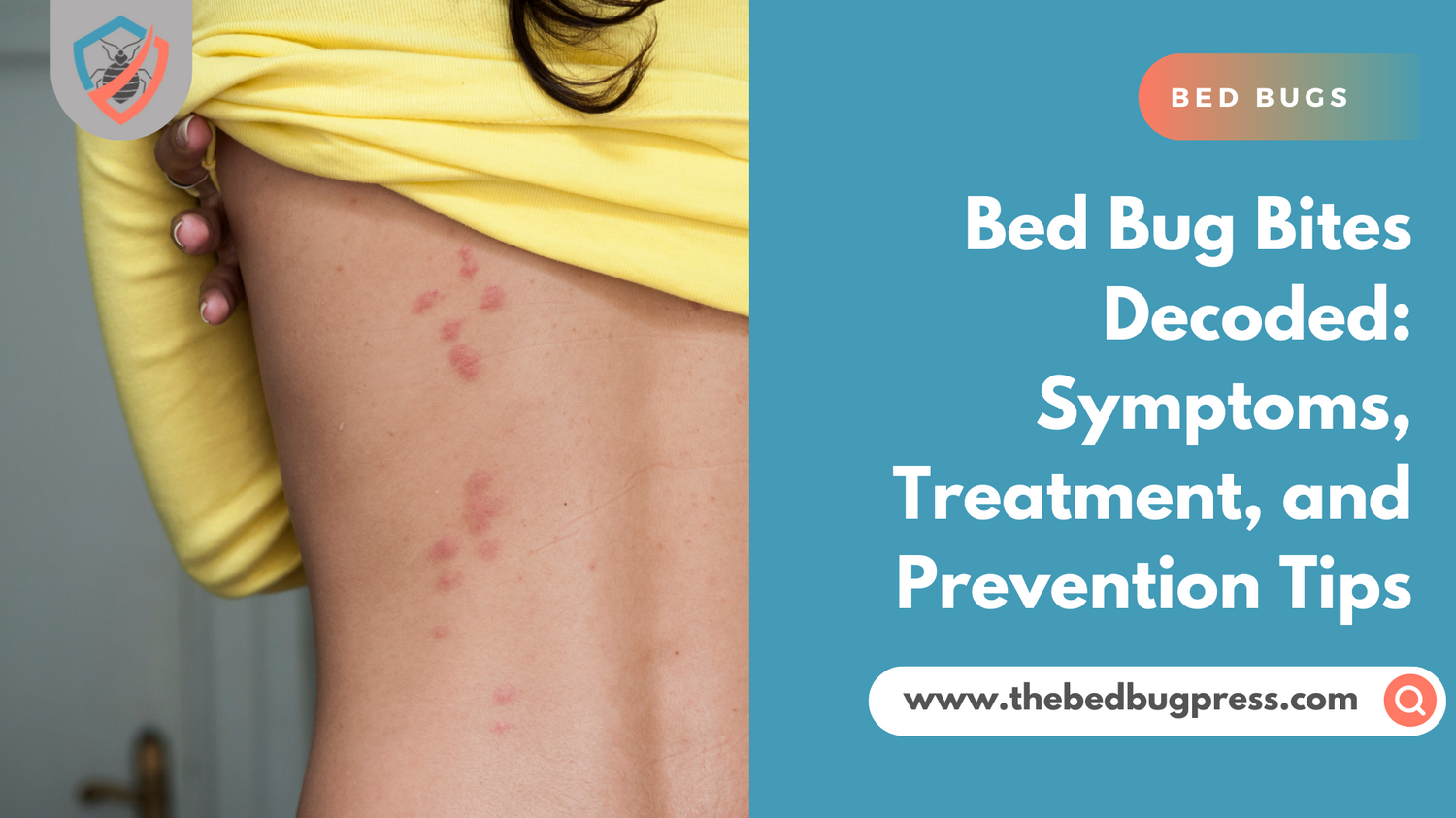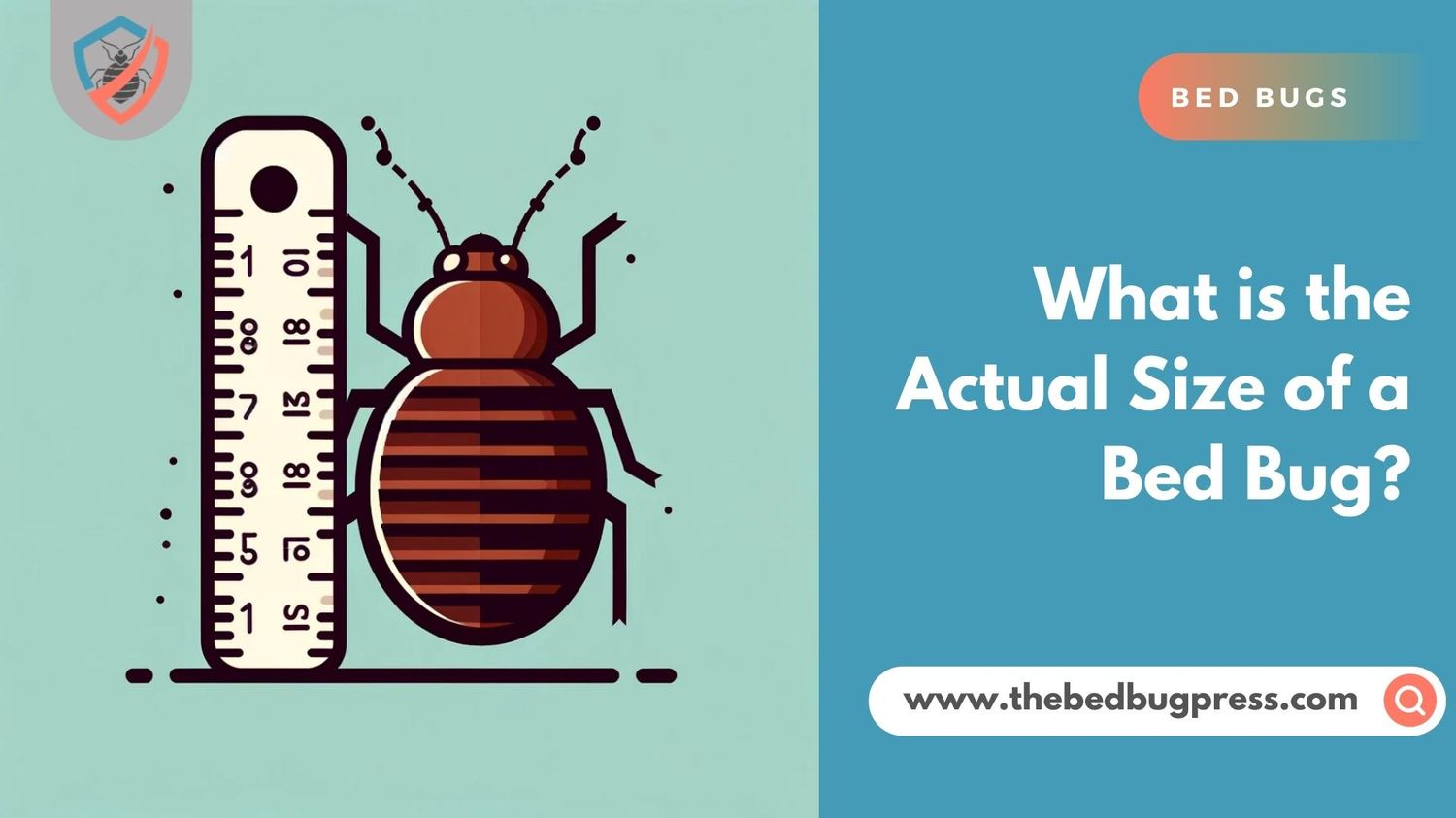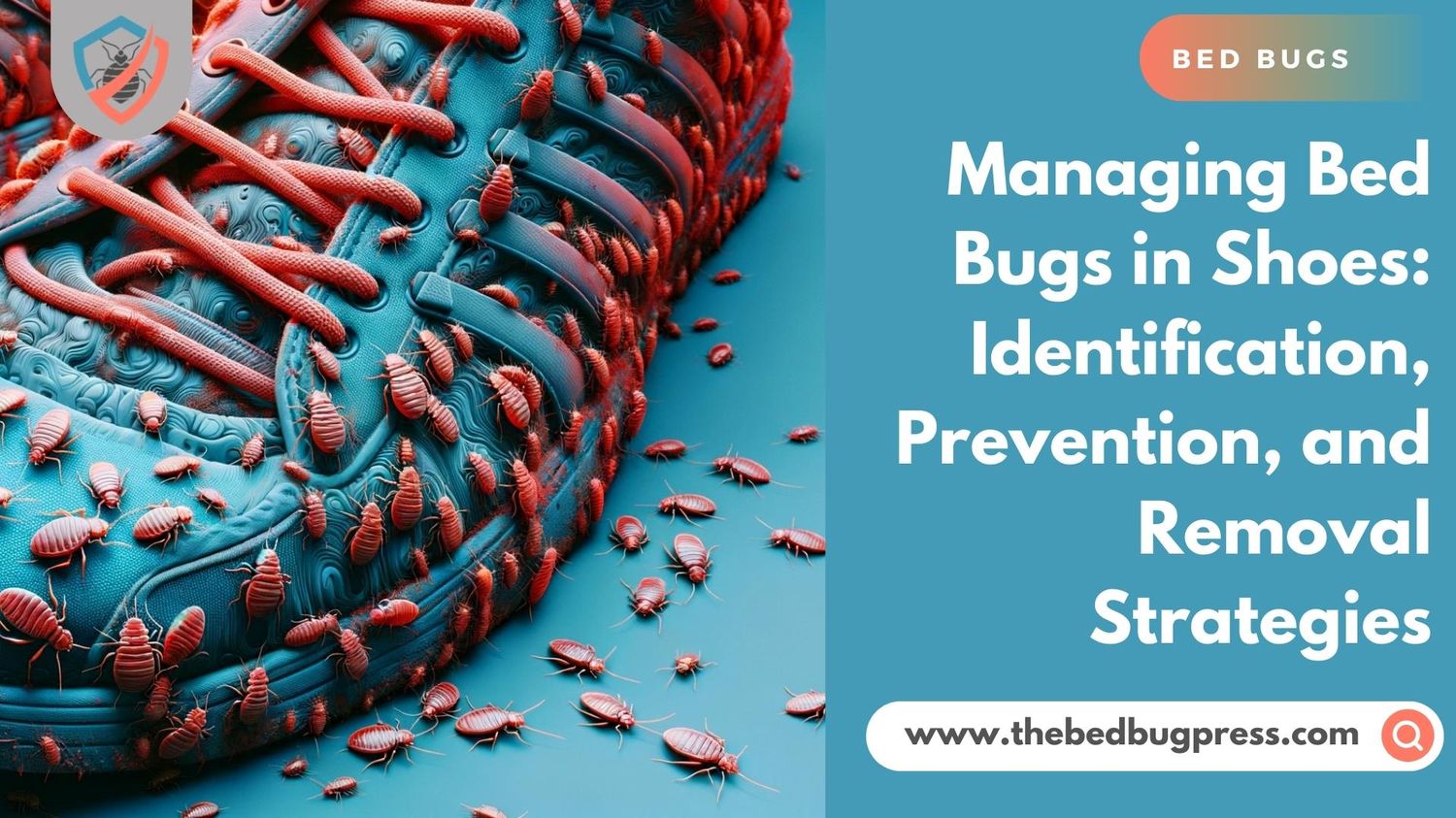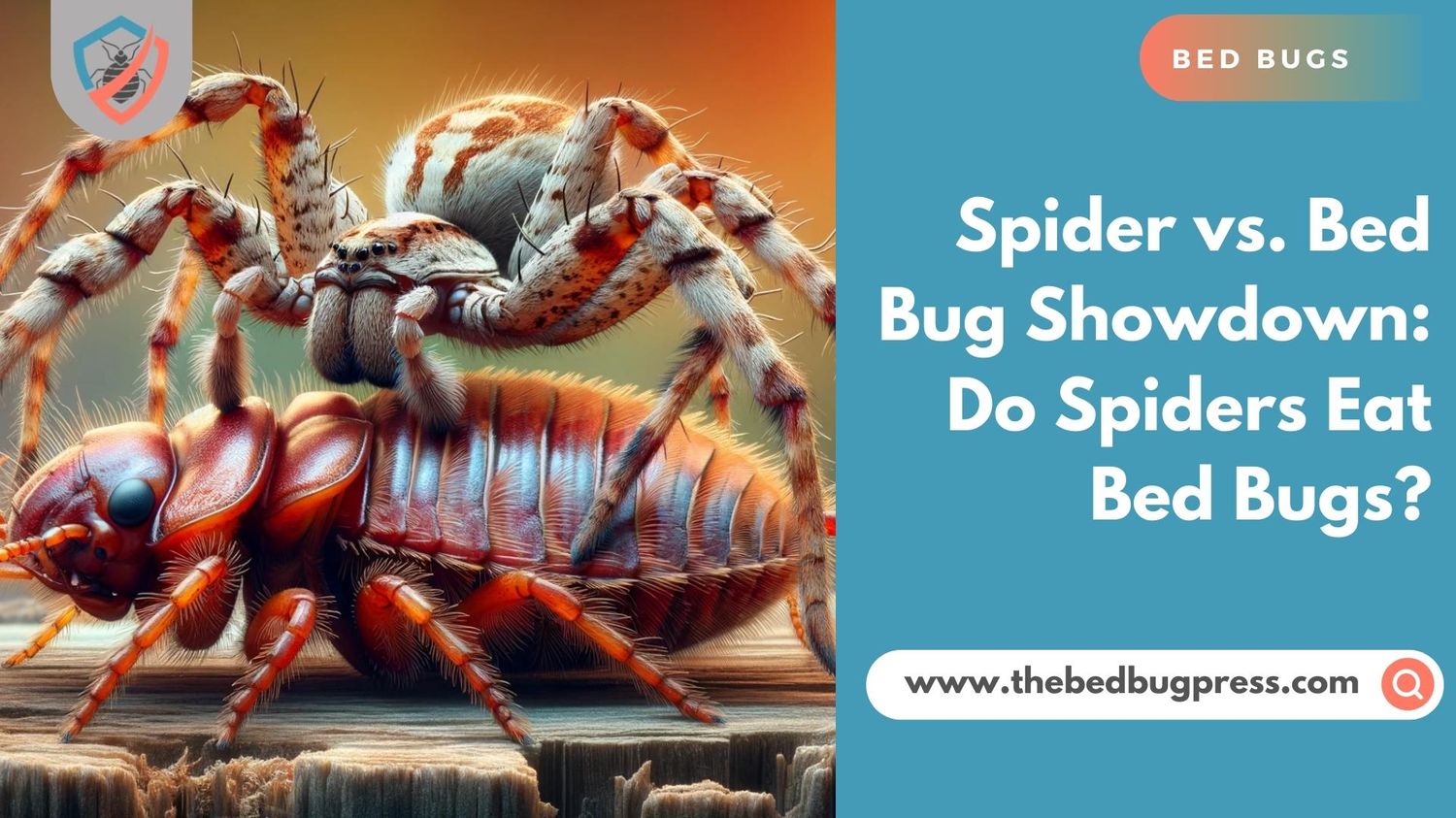If you find yourself grappling with a bed bug infestation, the cost of extermination services is likely a concern. It’s essential to be aware that the expenses associated with bed bug extermination can differ significantly based on various factors. These factors include the extent of the infestation, the specific treatment required, and the location of the affected property.
Whether you’re considering hiring a professional bed bug exterminator or opting for a do-it-yourself approach, understanding the elements that influence the cost of bed bug extermination is vital. It enables you to make well-informed decisions and ensures that you receive the most value for your investment.
In this article, we will delve into the different factors that can impact the cost of bed bug extermination services. By acquiring this knowledge, you’ll be better equipped to make informed decisions and restore peaceful nights of sleep.
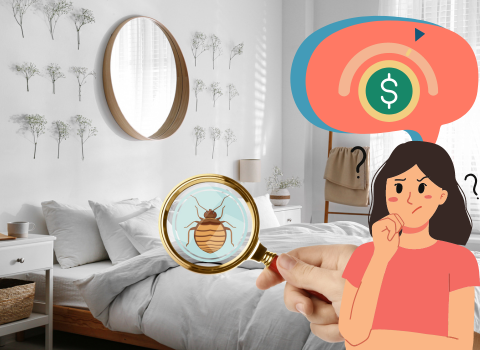
Bed Bug Treatment Price: What You Need to Know
Dealing with a bed bug infestation can quickly become a costly affair if not addressed promptly. To prevent the problem from escalating, it’s crucial to take swift action and seek professional assistance when faced with a suspected infestation.
The cost of bed bug treatment can vary depending on several factors. Here are some key points to consider:
Professional Extermination Services:
Hiring a professional pest control company to handle the bed bug treatment is often the most effective approach. The cost of professional services can vary depending on factors such as the size of the infestation, the treatment method used, and the location of severe infestations on the property. It is recommended to obtain multiple quotes from reputable exterminators to compare prices and services.
Treatment Methods:
Different treatment methods come with varying price ranges. Chemical treatments, heat treatments, and fumigation are commonly used approaches. Chemical treatments are usually less expensive, while heat treatments and fumigation tend to be more costly due to the specialized equipment and expertise required.
Size of the Infestation:
The severity and size of the bed bug infestation can impact the overall cost. Larger infestations that have spread to multiple rooms or areas may require more extensive treatment and multiple visits, which can increase the price.
Follow-up Treatments:
In some cases, follow-up treatments may be necessary to ensure the complete eradication of bed bugs. Additional treatments can incur additional costs, so it’s important to inquire about the inclusion of follow-up visits in the initial treatment package.
DIY Options:
Some individuals opt for do-it-yourself (DIY) bed bug treatments to save money. DIY options such as purchasing insecticides or using natural remedies may have lower upfront costs but may not be as effective in eliminating the infestation. It’s important to weigh the cost savings against the potential risks and limited efficacy of DIY methods.
Overall, the price of bed bug treatment can range from a few hundred to several thousand dollars, depending on the factors mentioned above. It’s advisable to consult with a professional exterminator to assess the specific situation and provide an accurate cost estimate for effective bed bug eradication.
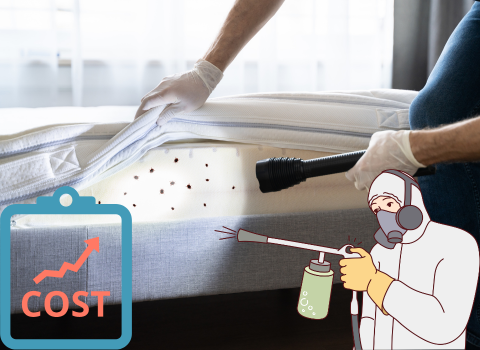
Extra Expenses and Points to Think About
In addition to the main factors affecting the average cost of bed bug treatment, there are also extra expenses and points to consider. These include:
Pre-Treatment Preparation:
Before treatment can begin, you may need to prepare the affected area by washing and drying all linens, clothing, and fabrics in hot water, vacuuming, and cleaning the area thoroughly, and moving furniture and other items away from the walls. These preparations can add to the overall cost of treatment.
Post-Treatment Inspection:
After treatment, it’s important to inspect the area to ensure that the bed bugs have been completely eradicated. This may require additional inspections and treatments, which can add to the cost.
Replacing Infested Items:
In severe cases, bed bugs may infest items such as mattresses, furniture, and clothing to the point where they cannot be salvaged. In such cases, you may need to replace these items, which can add to the overall cost of treatment.
Health Risks:
Bed bugs can cause health problems, such as allergic reactions and skin irritation. If you or anyone in your household suffers from such health issues, you may need to take additional measures to protect yourself, such as purchasing protective bedding or hiring an exterminator who specializes in using eco-friendly and non-toxic treatments.
By taking these extra expenses and points into account, you can have a more accurate estimate of the total cost of bed bug treatment and make informed decisions. It’s important to note that while treatment cost itself is a factor to consider, the priority should be on effectively eradicating bed bug infestation to prevent further spread and potential health risks.
Types of Bed Bug Treatment and Their Prices
The cost of bed bug treatment can vary depending on the type of treatment chosen and various factors. Below are some common bed bug treatment options along with their estimated prices:
Chemical Treatment:
Chemical treatment involves the application of insecticides to eliminate bed bugs. The cost of chemical treatment typically ranges from $200 to $400 per room, depending on the size of the area being treated and the severity of the infestation.
Heat Treatment:
Heat treatment is an effective method that involves raising the temperature in the affected area to kill bed bugs. The cost of heat treatment usually falls between $1,500 and $4,000 for an average-sized home, depending on the size of the infested area and the level of infestation.
Fumigation:
Fumigation is a more intensive treatment option that involves sealing off the infested area and introducing gas to eradicate bed bugs. Due to its complexity and thoroughness, fumigation tends to be more expensive, ranging from $4,000 to $8,000 for an average-sized home, depending on the extent of the infestation.
DIY Treatment:
DIY treatment methods such as using bed bug sprays, traps, or steamers can be less expensive than hiring a professional exterminator. However, they may not be as effective as professional treatment options and can potentially cause harm if not used correctly.
Integrated Pest Management (IPM):
IPM involves a combination of several treatment methods, such as chemical treatments, heat treatment, and vacuuming, to eliminate bed bugs. IPM is a more comprehensive approach and can cost around $500 to $1,500 per treatment.
Regardless of the treatment option you choose, it’s crucial to prioritize the eradication of bed bugs to prevent further spread and potential health risks.

Professional or DIY Bed Bug Treatment: Which is Cheaper?
Deciding whether to hire a professional exterminator or attempt to treat a bed bug infestation yourself can be a difficult decision, and the cost is often a significant factor in that decision. Here’s a breakdown of the costs associated with each option:
Professional Bed Bug Treatment:
Hiring a professional exterminator can be more expensive than attempting to treat the infestation yourself, with costs ranging from a few hundred dollars to several thousand dollars depending on the severity of the infestation and the treatment method used.
However, professional exterminators have access to more effective and long-lasting treatments, which allows you to lessen the expenses or adjust the possible costs by preventing the need for repeated treatments.
DIY Bed Bug Treatment:
Attempting to treat a bed bug infestation yourself can be less expensive, with costs ranging from a few dollars to a few hundred dollars depending on the treatment method used. However, DIY treatments may not be as effective as professional treatments and can potentially cause harm if not used correctly.
If the infestation is severe or the DIY treatment is not effective, you may end up spending more money on repeated treatments or eventually hiring a professional exterminator.
In terms of cost, DIY treatment may seem like the cheaper option initially, but it’s important to consider the potential long-term costs associated with ineffective treatment methods. Hiring a professional exterminator can be more expensive upfront, but it can be the most cost-effective and efficient option.
The decision between professional or DIY bed bug treatment depends on your specific situation and budget, but it’s important to prioritize effective treatment to eliminate the bed bug infestation and prevent further spread.
Cost-Effective Tips for Bed Bug Treatment
Bed bug infestations can be a costly problem to deal with, but there are ways to reduce the overall cost of treatment. Here are some cost-effective tips for bed bug extermination methods:
Early Detection:
Detecting bed bugs early on can help prevent the infestation from spreading and becoming more severe, which can lessen the overall costs for treatment. Regularly inspecting your bedding, furniture, and clothing for signs of bed bugs can help you detect them early on.
DIY Prevention:
Taking preventive measures such as regular vacuuming, washing bedding, and clothing in hot water, and using bed bug interceptors can help reduce the likelihood of a bed bug infestation. These DIY prevention methods can be less expensive than treating a full-blown infestation.
Targeted Treatment:
If you have a mild bed bug infestation, you may be able to treat it using targeted methods such as steam cleaning, vacuuming, and using bed bug sprays or dusts. These methods can be less expensive than hiring a professional exterminator.
Professional Consultation:
If you’re unsure about the severity of your infestation or the best course of action for treatment, consider consulting with a professional exterminator. They can guide you with the most effective treatment methods for your specific situation, which can save you money by preventing the need for repeated treatments.
By implementing these cost-effective tips, you can effectively treat bed bug infestation while reducing overall treatment costs. Remember, early detection and prevention are key to keeping bed bug treatment costs down, so stay vigilant and act at the first sign of a bed bug problem.
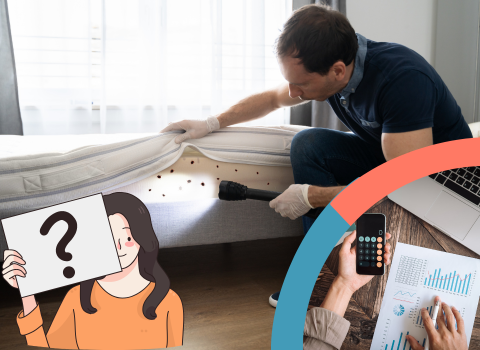
Queries to Raise About Bed Bug Treatment
When facing a bed bug infestation, it’s crucial to ask the right questions to gain a clear understanding of the treatment process and associated costs. Here are some inquiries to consider discussing with a professional exterminator:
What is the severity of my infestation, and which treatment method is best suited to address it effectively?
How many treatments will be required to completely eradicate the bed bugs, and what is the estimated cost for each treatment?
What are the potential health risks associated with the chosen treatment method?
Are there any preparations I need to undertake before the treatment, and what is the timeline for the entire treatment process?
Does the treatment come with a warranty or guarantee? What happens if the bed bugs return?
Are there any additional costs I should be aware of, such as follow-up treatments or potential damage repair?
Are there any precautions I need to follow during or after the treatment, such as avoiding specific areas or disposing of infested items?
By asking these questions, you can gain a comprehensive understanding of the bed bug extermination process and associated costs, empowering you to make informed decisions tailored to your specific situation.
It’s important to collaborate with a reputable and experienced exterminator to ensure effective and safe treatment.
Can You Eliminate Bed Bugs with One Treatment?
While it is possible to eliminate bed bugs with a single treatment, success depends on the severity of the infestation and the chosen treatment method. Mild infestations caught early may be resolved with a single treatment, but more severe infestations typically require multiple treatments.
In general, it is recommended to have at least two treatments spaced 10-14 days apart to ensure the elimination of all bed bugs and their eggs. This approach accounts for the fact that bed bug eggs are not immediately affected by most insecticides, necessitating a follow-up treatment to target newly hatched bed bugs.
It’s important to note that the success of the treatment also relies on factors such as the efficacy of the chosen treatment method, the expertise of the exterminator, and the cooperation of the residents in preparing the infested area for treatment. Working with a reputable and experienced exterminator increases the likelihood of successfully eliminating bed bugs with the fewest treatments necessary.
How Many Bed Bug Treatments Are Required to Eradicate Them?
The number of bed bug treatments required to completely eradicate an infestation depends on several factors. In general, it is recommended to have at least two treatments, spaced about 10-14 days apart, to ensure that all the bed bugs and their eggs are eliminated.
Proper treatment and complete information regarding your current bed bug situation will only be provided by a reputable and experienced exterminator. Make sure you contact a trustworthy pest control expert to ensure effective and safe bed bug inspection and treatment.
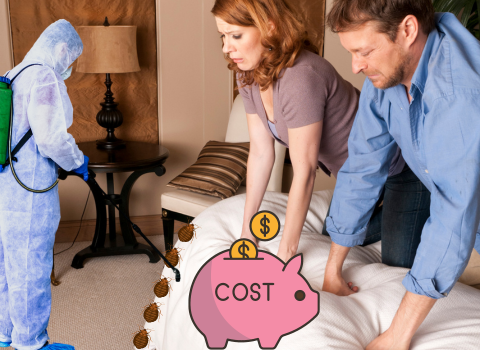
The High Cost of Bed Bug Treatment Explained
Bed bug treatment can be expensive, and there are several reasons why.
The Difficulty of Eradicating Bed Bugs:
Bed bugs are notoriously difficult to eradicate, as they are resistant to many common insecticides and can quickly spread from one room to other areas. This means that effective treatment often requires multiple visits from a professional exterminator, which can drive up the cost.
Labor and Material Costs:
Bed bug treatment typically involves a combination of treatments, including the use of specialized equipment and chemicals. The cost of this equipment, along with the labor required to conduct the treatment, can also contribute to the overall cost of bed bug treatment.
The Extent of Infestation:
The cost of bed bug treatment is also affected by the extent of the infestation. Larger infestations will require more time, labor, and materials to eradicate, which can drive up the cost of treatment.
Additional Costs:
There may also be additional costs associated with bed bug treatment, such as the cost of replacing infested furniture and bedding or the cost of temporarily relocating during treatment.
Attempting to treat bed bugs yourself can be more costly, as ineffective treatments can lead to the spread of infestation and the need for additional treatments. Collaborating with a professional exterminator can ensure effective treatment and help to minimize costs eventually.

